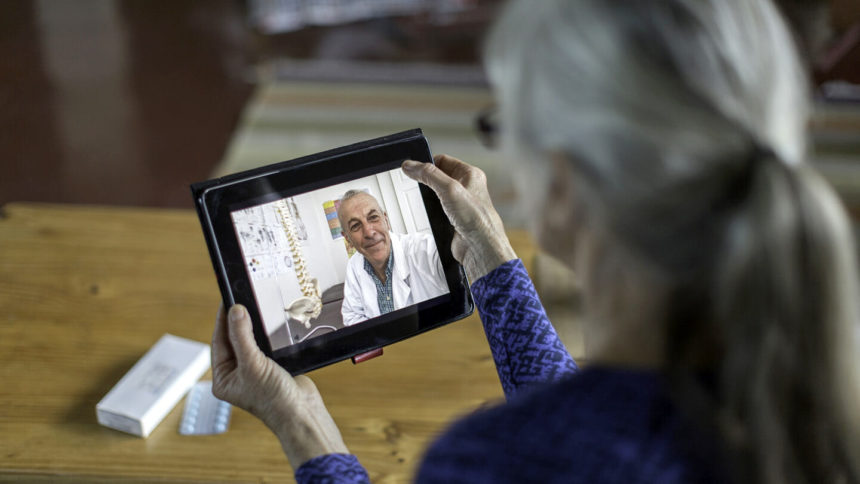A recent multisite randomized clinical trial appears to offer hope for people with chronic pain, including many older adults. The study, including 811 veterans, tested two mindfulness-based interventions (MBIs) conducted via telehealth against usual care for managing chronic pain and certain comorbid conditions for one year.
A group-based MBI was done using video conferences with mindfulness education and skill training videos prerecorded by an experienced instructor, and accompanied by facilitated discussions. A self-paced MBI was similar but completed according to the participant’s own schedule and supplemented by three individual facilitator calls.
As highlighted in the study’s findings, published in JAMA Internal Medicine, veterans in both telehealth-based MBIs showed significant improvements in pain-related functioning compared with usual care. The likelihood of 30%improvement from baseline was greater for those participating in group MBI at 10 weeks and 6 months, and for those doing self-paced MBI at 10 weeks, 6 months, and 1 year.
While not exclusively focused on seniors, the study included a substantial number of older adults. The average age of participants was about 55 years, with roughly 25% retired. This suggests the findings may be relevant for many older individuals dealing with chronic pain.
The researchers found that both the group and self-paced mindfulness programs led to improvements across various measures, including pain intensity, physical function and mental health outcomes like depression and anxiety.
“These scalable, relatively low-resource MBIs conducted virtually could help accelerate the implementation of nonpharmacological pain treatment in health care systems,” the study authors noted.
While the improvements were described as modest, the study suggests that mindfulness-based approaches delivered via telehealth could be a valuable addition to pain management strategies, potentially benefiting older adults and others struggling with chronic pain.




